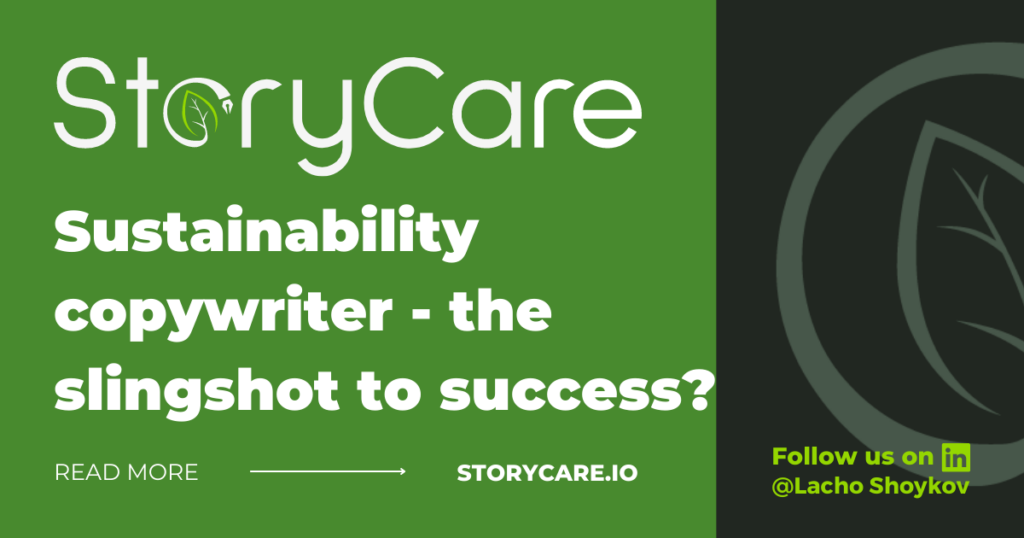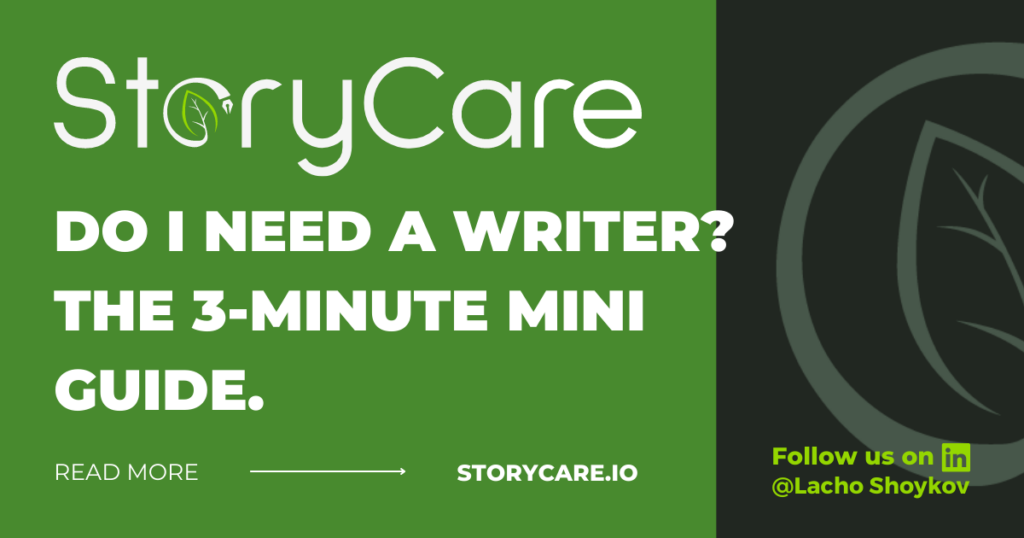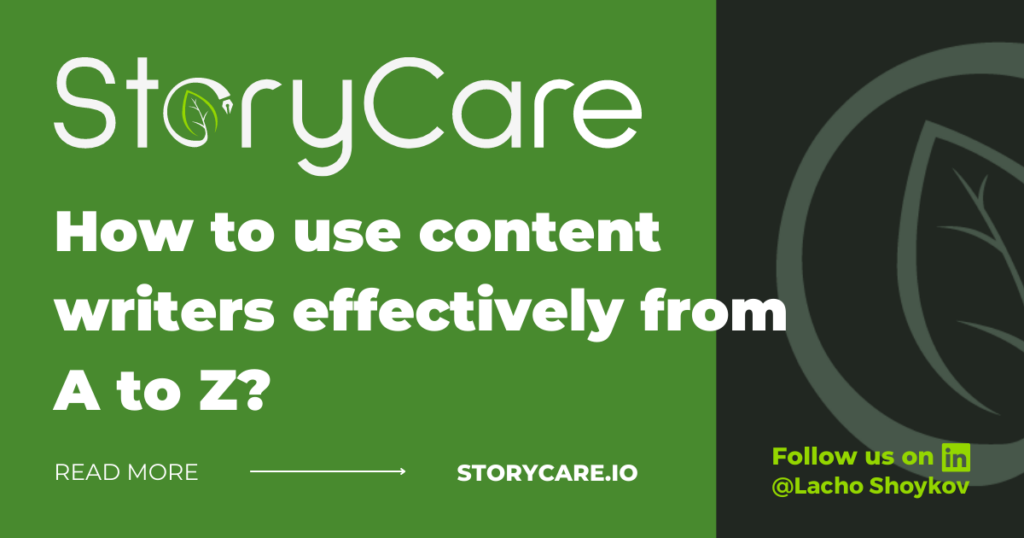Sustainability copywriter – the slingshot to defeat Goliath?
How can sustainable brands overcome their biggest challenge?
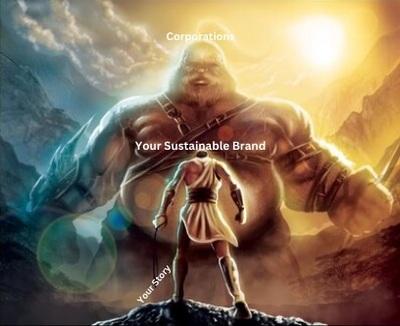
Every sustainable business starts out to create a better alternative for society, the economy, or the environment. Yet, many sustainable companies struggle to succeed. Their competitors usually have lower costs and prices or higher performance.
The business rivalry often looks like a fight between David and Goliath. But the modern little guy still has one groundbreaking asset. The sustainability copywriter helps David use one crucial advantage to defeat Goliath – the power to tell a better story.
The majority loves Goliath

By Goliath, we collectively name the giant corporations that dominate traditional industries. Yet, they harm people or the environment as a byproduct of their operations. These include known polluters like Shell, Gazprom, Zara, H&M, Kellogg, Lufthansa, ArcelorMittal, and many more.
He’s well-known
Since the times when a noise from the bushes could be a tiger out to eat you, people have tried to avoid uncertainty as much as they can. Doubt-avoidance is a cognitive bias that puts every newcomer at a disadvantage.
He’s effective
Goliath survived decades of competition, and his services and products got better as a result. He did an excellent job for his clients, and they loved him for it. Now he’s the go-to choice in his industry or he wouldn\’t be Goliath.
He drives the best bargains
One of the biggest reasons why Goliath became the people’s favorite is that he offered the best prices. Due to his experience, he found ways to lower his costs while providing the same value. His clients got a better deal, and his competitors got a harder time.
David’s seems like a crazy underdog…
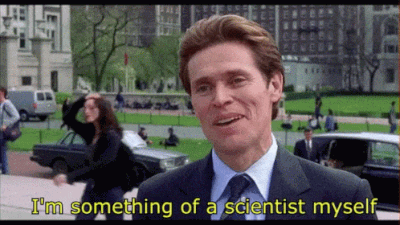
Every industry newcomer who tries to push for a sustainable alternative starts as a David. They lack Goliath’s popularity, resources, proven track record, and, most painfully, his ability to drive great deals.
Higher operation costs are a chronic pain point of sustainable businesses. Costs arise from stricter quality standards and efforts to maintain ethical wages across the supply chain. Bill Gates wonderfully discusses green price premiums and other issues in \’How to avoid a climate disaster\’.
Higher prices are one of the most significant limiting factors to choosing sustainable products. Many people don’t want to or can’t afford to pay 2x, 5x, or 10x the price to solve the same problem sustainably.
But there’s a plot twist…
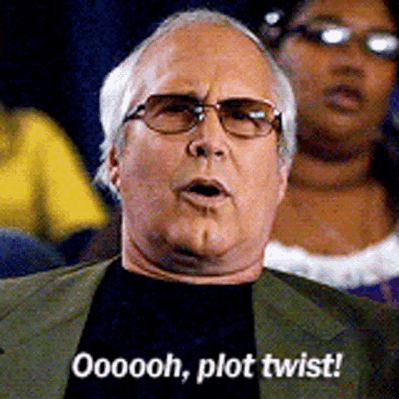
Contrary to old-school economic predictions, people are not rational, wealth-maximizing machines. Homo Economicus was disproved as a myth. It turned out that when people have enough money, they stop valuing it as much. Instead, they become interested in more advanced problems.
In the West, wealth increased significantly in the 60s and 70s, which led to a societal transformation. Ronald Inglehart describes it as a ‘Silent Revolution of Values.’ This revolution of values explains the shift to post-materialism and the surge of political activism.
Economists also have an explanation for this through the law of diminishing returns. The more you have of something, the less value it each consecutive brings. The law also holds for money. When states reach about 11,000$ in GDP per capita, further increases in wealth aren\’t as meaningful.
Post-materialism gave David a chance to win
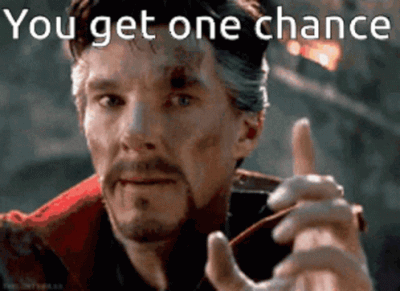
Post-materialist values are far from a given, except in the most developed countries. People in developing countries still largely depend on Goliath’s affordable deals to survive.
Yet, the emergence of sustainable brands in the West reflected a societal need for new solutions to old problems. After decades of wealth and abundance, raw economic gains stopped having the same appeal in those regions. Instead, the focus began shifting toward environmental and societal well-being.
On a personal scale, these changes reflected a change in identity. Perhaps Maslow’s hierarchy of needs explains what happened. As people satisfied their physiological needs, they began looking for ways to meet needs higher up the value hierarchy.
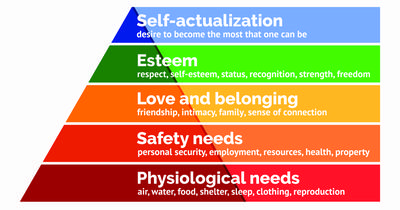
The sustainability copywriter helps David take his chance
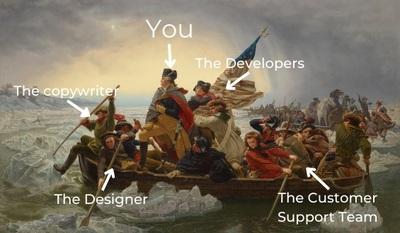
In their purest form, copywriters help channel people’s desires into products and services that solve their needs. But, many caveats concern the sustainability niche in particular.
Ethical Copywriters shape the conversation from environment to identity
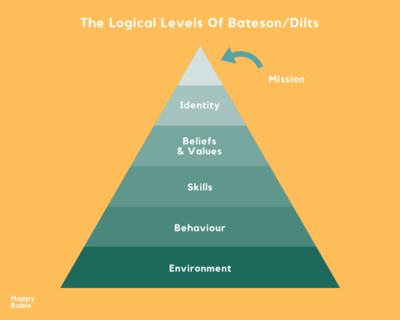
Sustainable brands take care of needs that go much further than basic physiology. They don’t need to offer a better price than Goliath because their solution provides a more profound benefit. Their value is not in more recyclable packaging or tastier, ethically sourced chocolate.
Ethical brands solve the need for people to feel like they belong and contribute to a globally connected community. They get to feel responsible for making a small positive impact on the world. They get to change their personal story and identity through choosing green products.
Green Copywriters help differentiate your brand
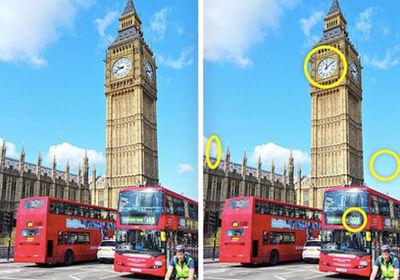
Sustainability copywriters can communicate your brand’s commitment to creating a better alternative. They can tell your brand’s story in a way that highlights your values compellingly. Yet, they manage to always focus on improving your customer’s well-being. The result positions your products in a category of their own.
Sustainability Copywriters help you execute successful marketing campaigns
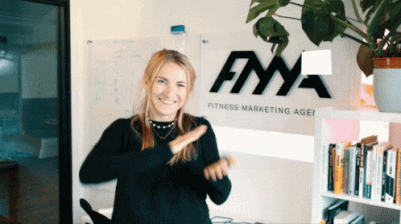
On a tactical level, copywriters help you create quality content. That enhances your brand’s awareness, engagement, and conversions. Copywriters are indispensable for planning and executing marketing campaigns. This includes ads, emails, landing pages, and written web content.
Eco-friendly Copywriters help you avoid costly mistakes

A copywriter who understands the pitfalls of green marketing is crucial. Conscious customers have specific demands which need to be met. An unprepared marketing campaign can alienate people from your brand.
The 3 embarassing mistakes a sustainability copywriter helps you avoid
Marketing in the sustainability niche has many peculiarities, and failing to address them can lead to poor results. Yet, dealing with them is the key to building an emotional connection with your audience.
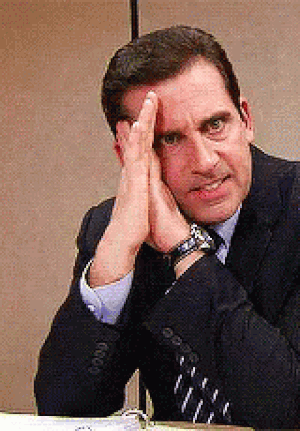
Assuming people see the whole picture
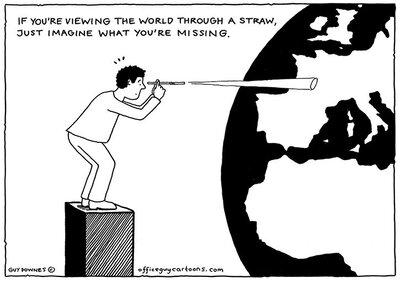
The idea that ‘everything is connected’ is deeply nested inside sustainability circles. They often forget that outsiders don’t see it that way. It might be clear that consumer choices are part of global problems like fast fashion, pollution, or deforestation. But your audience may not be aware at all!
It’s up to you to make the connections explicit and gently raise awareness. Your story should connect your brand, your customers, and your positive impact on people and the environment.
Sustainability concerns much more than environmental issues. It also deals with social and economic problems. The UN has specified three main problem areas and 17 SDGs to improve them.
Not making it about your customers
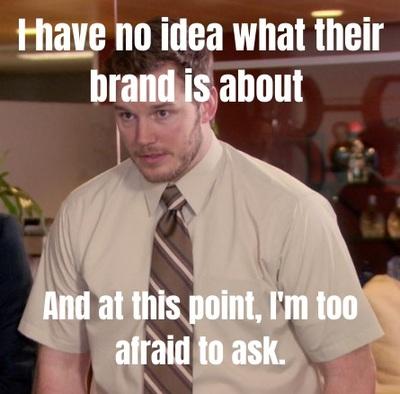
Some startups make the crucial mistake of putting their customers second. They put their sustainable brand values above the business. The result is a hybrid between a nonprofit organization and a company. The problem is that a noble idea does not mean you can get away with subpar customer service, especially when you are charging a premium.
Besides, Dale Carnegie said it first, ‘People don’t care about you. They care about themselves.’ If your brand’s core mission is not about serving your customers, you might consider moving to the nonprofit sector.
Using sustainability as a marketing band-aid

The worst thing you can do about sustainability is to make false claims and misrepresent facts about your impact. Instead of genuinely committing to the cause, you use it as a rallying flag to improve your image.
Not only do you risk an incredible Greenwashing PR scandal, but you also distract people from real issues in sustainability. Using sustainability as a marketing gimmick is a high-risk, low-reward move and should be avoided.
Recap: A Sustainability copywriter can transform your brand\’s story
Large corporations have every economic edge over sustainable companies. Yet, eco-friendly brands have two key advantages—the ability to tell a better story and serve a deeper need. Sustainability copywriters are the people who help eco-friendly companies tell their best stories. Are you looking to hire a sustainability copywriter?
